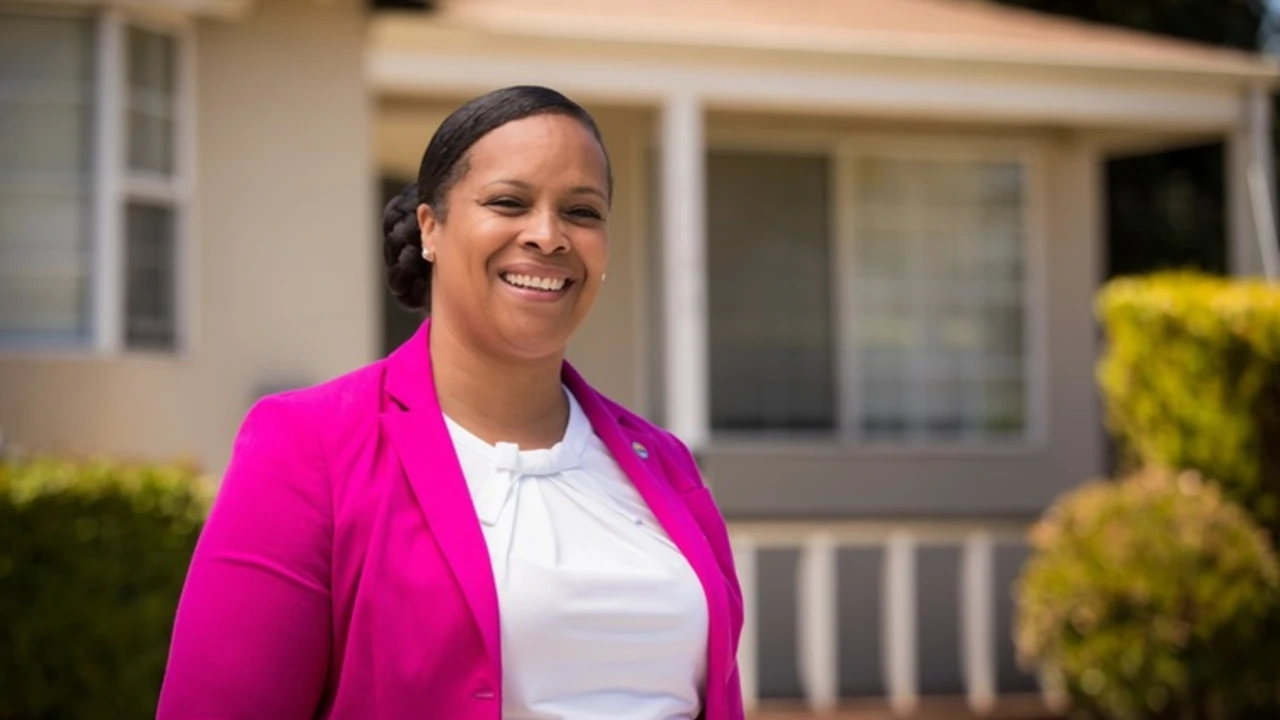Three of the Puerto Rico Electric Power Authority's four creditor groups adopted a formal debt restructuring agreement with the authority, PREPA announced Thursday.
The PREPA Ad Hoc Bondholder Group, fuel line lenders, and the Government Development Bank for Puerto Rico adopted the restructuring support agreement. The agreement largely formalized terms that had already been agreed to with the first two groups and announced in September.
The GDB has agreed to have the debts PREPA owes to it paid back in a similar matter to the way PREPA will pay back its debts to the fuel line lenders.
Bond insurers Assured Guaranty, Syncora Guarantee, and National Public Finance Guarantee have not yet reached agreements with the authority on how the debt they have insured will be treated.
Adoption of the restructuring support agreement's terms is dependent on PREPA reaching an agreement with its bond insurers, the Ad Hoc Bondholder Group said in a written statement.
PREPA chief restructuring officer Lisa Donahue said earlier this week that negotiations with the line of credit holders are in the final stages and that she expects an agreement with them soon.
The adoption is also dependent on "timely passage of proposed new legislation, which was introduced in the [Puerto Rico] Legislative Assembly" on Wednesday, the group said. The agreement requires the legislation be passed this month. Since the assembly plans to go on recess soon, effectively the assembly has until Nov. 12 to pass the legislation.
Under the terms of the agreement, bondholders would have the option of exchanging their bonds for one of two new types of bonds or sitting tight on their current bonds and hoping for full repayment.
In both of the new types of bonds there would be no principal payment for five years. A current interest bond would pay interest in the five year period but would have lower interest rates. A convertible capital appreciation bond would have no interest in the five year period but would pay interest rates higher than the current interest bonds.
In both of the new types of bond, bondholders would be given principal par values equal to 85 cents for each dollar of bond par value held now.
"We are making significant progress in transforming PREPA and the formalization of our agreement solidifies the support of key creditors and will help facilitate a sustainable capital structure for PREPA," Donahue said. "We are working to build a strong financial foundation for PREPA and we are continuing constructive negotiations with our monoline insurers in order to achieve a consensual recovery plan."
The restructuring support agreement would provide PREPA with five years of debt relief of more than $700 million and a permanent reduction of PREPA's principal burden of more than $600 million.
The agreement does not specify how current bond maturities would be converted to the new bonds' new maturities. This has been left to a restructuring resolution yet to be negotiated.
In other PREPA-related news, Puerto Rico Senate President Eduardo Bhatia Gautier released a statement Thursday about the PREPA legislation stating his cautiousness.
He blamed the creditors who lent PREPA billions and the electricity agency's previous management for digging it into a hole over the years, and referenced legislation adopted last year with the intent of lowering electricity prices, promoting renewable and clean burning sources of electricity, and improving transparency and service quality.
"I recognize the importance of the transactions being analyzed and have held meetings with Lisa Donahue about it," Bhatia Gautier's statement said. "We will be responsible and cautious that by supporting the conclusion of this negotiation we are not throwing away everything that we gained with Law 57."
Ultimately, the Puerto Rico Energy Commission and not the Puerto Rico legislature will rule on any request for a rate increase from the PREPA. The authority's leadership has hinted this request is coming.
A source in the Puerto Rico Senate said that until two years ago PREPA charged 32 cents per kilowatt hour for electricity, an unusually high rate in the United States.
The rate has gone down mainly because the price of its primary fuel, oil, has gone down, at least temporarily. However, PREPA is inefficient and people do not like the idea of paying more for an inefficient authority, she said.





